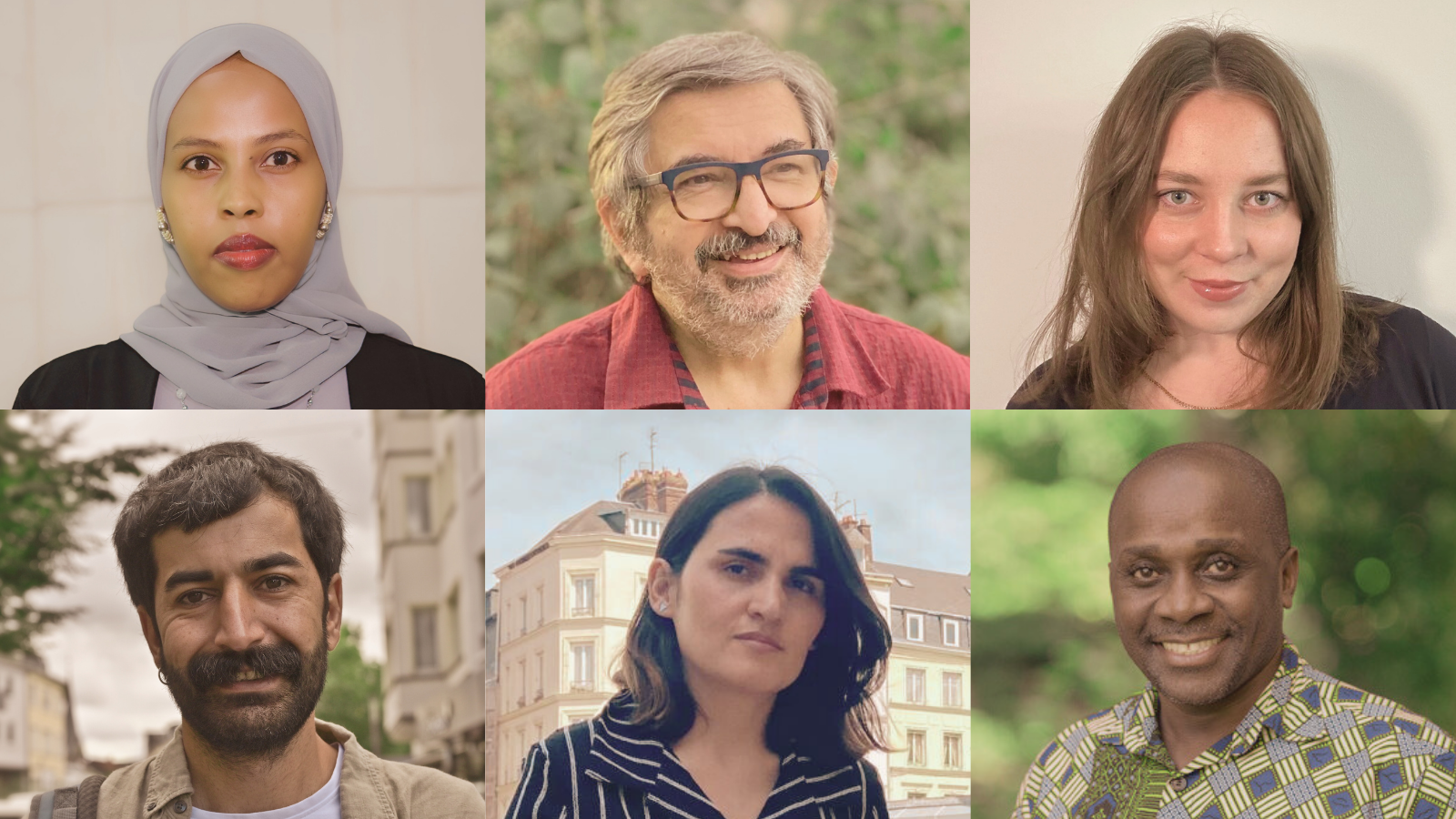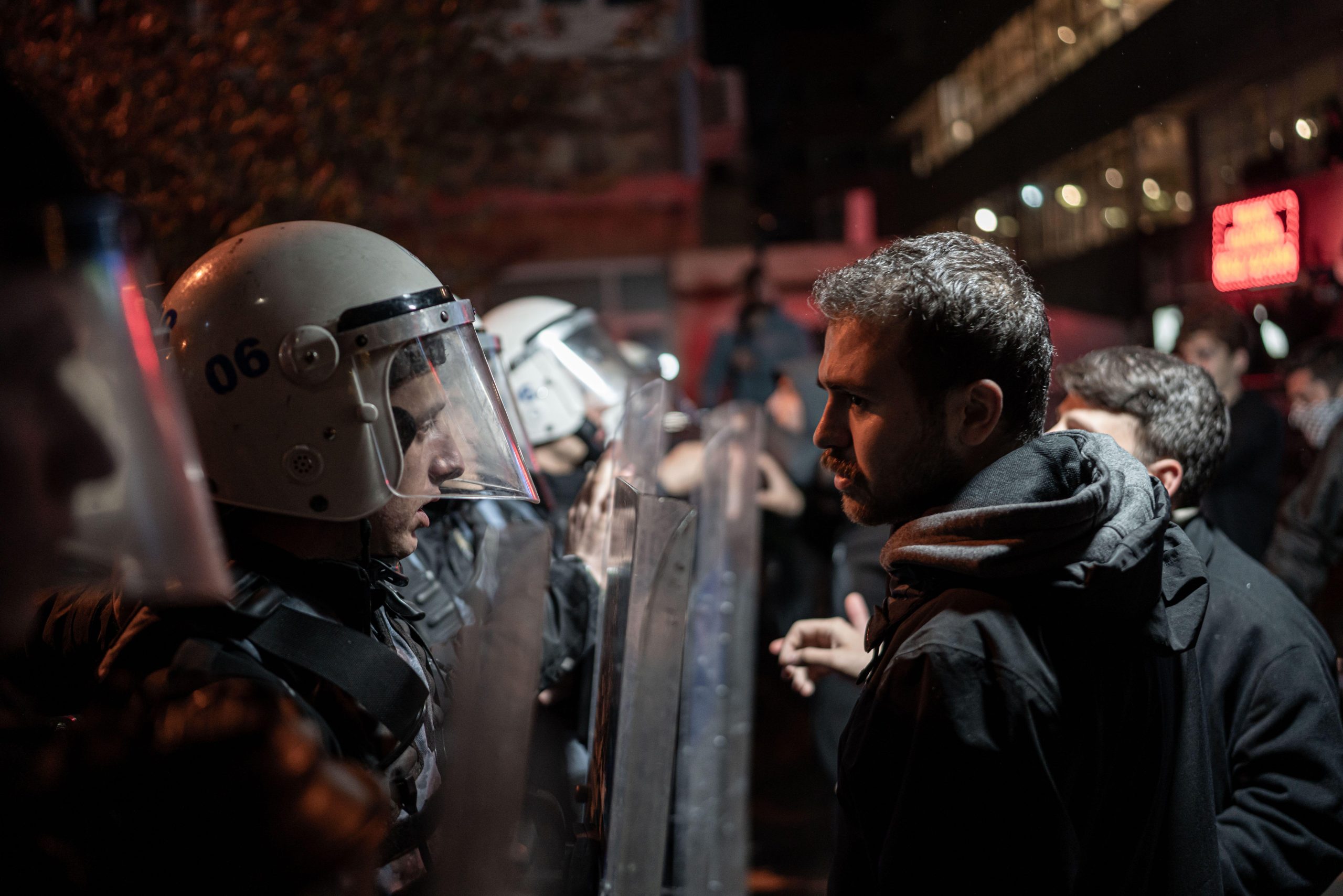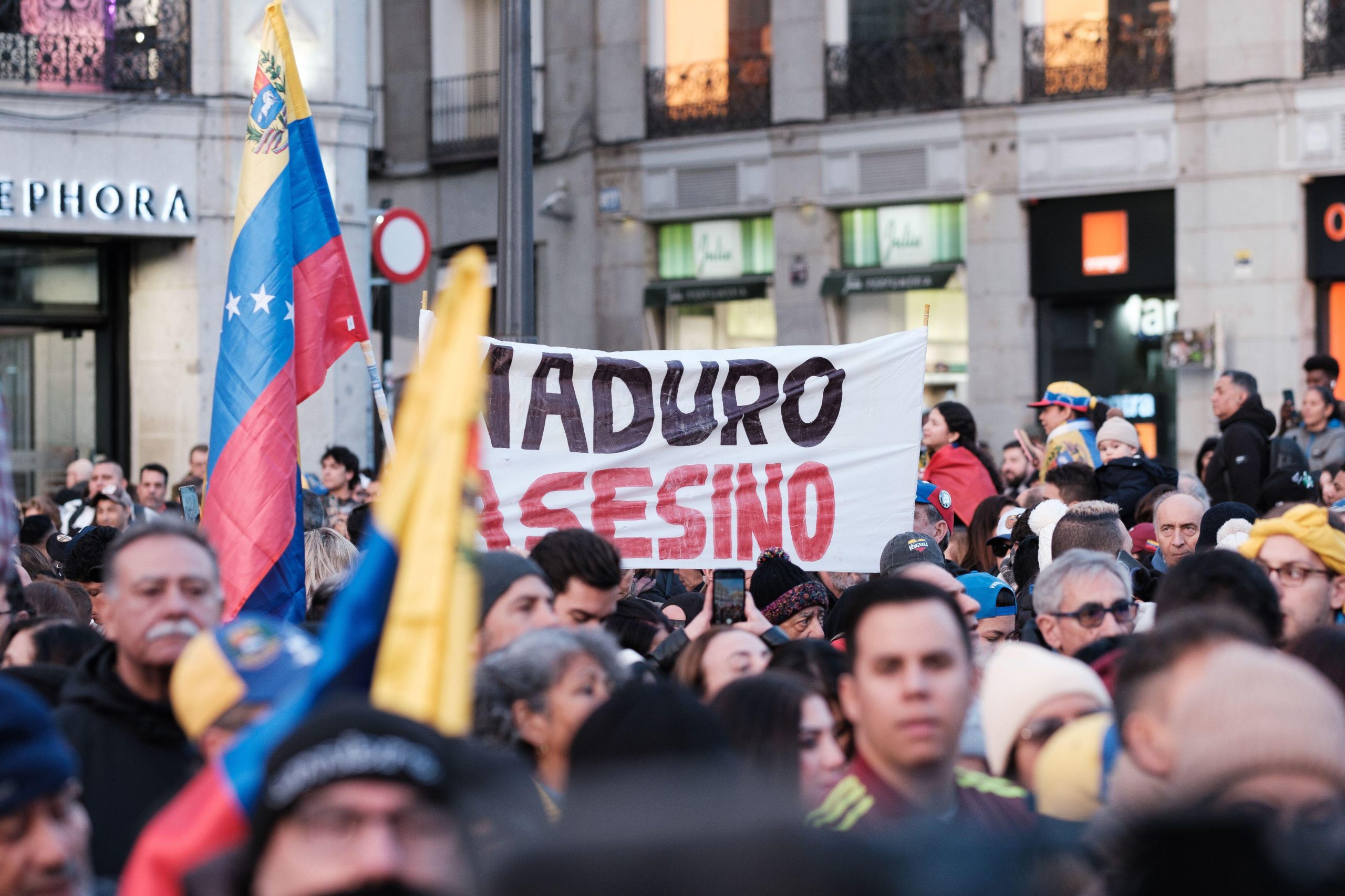[vc_row][vc_column][vc_single_image image=”116480″ img_size=”full” add_caption=”yes”][vc_column_text]Last week, the Chinese government outlined sanctions against nine British individuals and three organisations for daring to speak out about what is going on in Xinjiang.
Those affected by the sanctions are former Conservative party leader Iain Duncan Smith, Tom Tugendhat, chair of the foreign affairs select committee, Nus Ghani from the business select committee, Neil O’Brien, head of the Conservative policy board and China Research Group officer, Tim Loughton of the Inter-Parliamentary Alliance on China, crossbench peer David Alton, Labour peer Helena Kennedy QC and barrister Geoffrey Nice.
The only individual not from the political sphere is Dr Joanne Smith Finley, Reader in Chinese studies at Newcastle University.
The organisations include the China Research Group, the Conservative Human Rights Commission and Essex Court Chambers.
China made the move after the British government imposed sanctions on four Chinese officials and one organisation last Monday: Zhu Hailun, former secretary of the political and legal affairs committee of the Xinjiang Uyghur Autonomous Region (XUAR); Wang Junzheng, deputy secretary of the party committee of XUAR; Wang Mingshan, secretary of the political and legal affairs committee of XUAR; Chen Mingguo, vice chairman of the government of the XUAR, and director of the XUAR public security department; and the Public Security Bureau of the Xinjiang Production and Construction Corps – a state-run organisation responsible for security and policing in the region.
A statement from Tom Tugendhat and Neil O’Brien on behalf of the China Research Group said, “Ultimately this is just an attempt to distract from the international condemnation of Beijing’s increasingly grave human rights violations against the Uyghurs. This is a response to the coordinated sanctions agreed by democratic nations on those responsible for human rights abuses in Xinjiang. This is the first time Beijing has targeted elected politicians in the UK with sanctions and shows they are increasingly pushing boundaries.
“It is tempting to laugh off this measure as a diplomatic tantrum. But in reality it is profoundly sinister and just serves as a clear demonstration of many of the concerns we have been raising about the direction of China under Xi Jinping.”
Commenting on China’s decision, foreign secretary Dominic Raab said: “It speaks volumes that, while the UK joins the international community in sanctioning those responsible for human rights abuses, the Chinese government sanctions its critics. If Beijing want to credibly rebut claims of human rights abuses in Xinjiang, it should allow the UN High Commissioner for Human Rights full access to verify the truth.”
Meanwhile, Prime Minister Boris Johnson said, “The MPs and other British citizens sanctioned by China today are performing a vital role shining a light on the gross human rights violations being perpetrated against Uyghur Muslims. Freedom to speak out in opposition to abuse is fundamental and I stand firmly with them.”
Newcastle University academic Dr Joanne Smith Finley believes she has been sanctioned because of her “ongoing research speaking the truth about human rights violations against Uyghurs and other Turkic Muslims in Xinjiang”
“In short, for having a conscience and standing up for social justice,” she said.
She said, “That the Chinese authorities should resort to imposing sanctions on UK politicians, legal chambers, and a sole academic is disappointing, depressing and wholly counter-productive.”
Dr Smith Finley has studied China for many years.
“I began my journey to become a ‘China Hand’ in 1987, when I enrolled at Leeds University to read modern Chinese studies. My first year spent in Beijing in 1988-89 – during which I also experienced the ‘Tianan’men incident’ – ensured that China entered my bloodstream forever, and the city became my second home,” she said. “I later focused on the situation in the Uyghur homeland (aka Xinjiang), to which I made a series of field trips, long- and short-term-, between 1995 and 2018.”
Dr Smith Finley said since taking up her post at Newcastle University in 2000, she has worked tirelessly to introduce students from the UK, Europe and beyond to the world of Chinese society and politics.
“I have prepared successive student cohorts for their immersion in Chinese culture, and have visited our students each year in situ across five Chinese cities,” she said.
“When China applies political sanctions to me, it thus stands to lose an erstwhile ally,” she said. “Since 2014, I have watched in horror the policy changes that led to an atmosphere of intimidation and terror across China’s peripheries, affecting first Tibet and Xinjiang, and now also Hong Kong and Inner Mongolia.”
“In Xinjiang, the situation has reached crisis point, with many scholars, activists and legal observers concluding that we are seeing the perpetration of crimes against humanity and the beginnings of a slow genocide. In such a context, I would lack academic and moral integrity were I not to share the audio-visual, observational and interview data I have obtained over the past three decades.”
“I have no regrets for speaking out, and I will not be silenced. I would like to give my deep thanks to my institution, Newcastle University, for its staunch support for my work and its ongoing commitment to academic freedom, social justice and inter-ethnic equality.”
Following the announcement of sanctions against Dr Smith Finley, more than 400 academics have written an open letter to The Times in support, asserting their commitment to academic freedom and calling on the Government and all UK universities to do likewise.
There are increasing demands from human rights activists to take action over China’s ‘soft genocide’ in Xinjiang. Tit-for-tat sanctions will not resolve the issue. That will take much firmer action from governments, organisations and individuals who are complicit in the subjugation of the Uyghurs, by buying Chinese products and accepting money built on their suffering.[/vc_column_text][/vc_column][/vc_row][vc_row][vc_column][three_column_post title=”You may also want to read” category_id=”85″][/vc_column][/vc_row]





